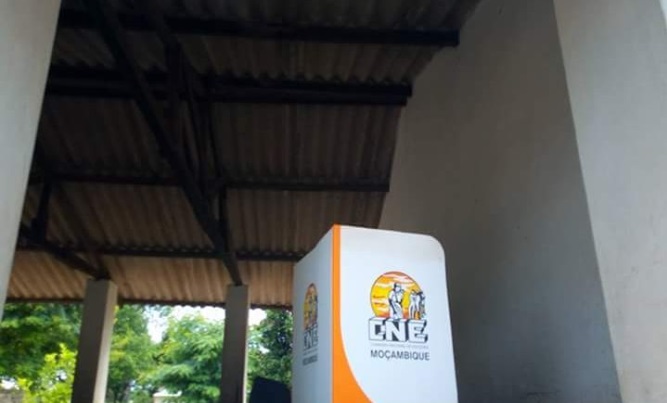Mozambique working to legalize status of its citizens in Tanzania
Number of lists competing in elections rises to 20

File photo: Twitter
The number of political parties, coalitions and citizens’ groups contesting the Mozambican municipal elections scheduled for 10 October has risen from 18 to 20, the spokesperson for the National Elections Commission (CNE), Paulo Cuinica, confirmed to AIM on Friday.
The deadline for submission of nomination papers was Monday, and at a Tuesday press conference the CNE announced the names of 18 competing parties and groups. Cuinica said at the time that the CNE was still processing the paperwork for a previously unknown party, the PDM (Mozambique Development Party), and for the long established Maputo citizens’ group “Juntos Pela Cidade” (JPC – Together for the City).
JPC was founded to contest the first municipal elections, in 1998, and its main spokesperson was the country’s foremost investigative journalist, Carlos Cardoso, who was assassinated in 2000. Because the main opposition party, Renamo, boycotted the 1998 elections, JPC became the opposition to the ruling Frelimo Party in the Maputo Municipal Assembly, from 1998 to 2003. JPC continued to stand in every subsequent municipal election.
Cuinica said the CNE had accepted the lists from both JPC and the PDM. All the accepted lists of candidates are now on display outside the headquarters of the CNE and of its executive body, the Electoral Administration Technical Secretariat (STAE). The lists are not yet definitive, since rejected candidates have until next Tuesday to appeal.
Cuinica denied that the CNE has taken any decision on two mayoral candidates whose eligibility is in doubt. They are Venancio Mondlane, head of the Renamo list in Maputo city, and Silverio Ronguane, head of the list of the MDM (Mozambique Democratic Movement), in the neighbouring city of Matola.
Both these candidates fall foul of an article in the law governing municipal elections which states that people who resign from municipal bodies are not eligible to stand in the next round of municipal elections.
Mondlane and Ronguane were elected to the Maputo and Matola municipal assemblies in 2013, but then resigned in order to run for parliament in the 2014 general elections. Both were elected to the Mozambican parliament, the Assembly of the Republic.
There is now a dispute as to whether their resignations in order to run for parliament should disqualify them from this year’s round of municipal elections.
Some defenders of Mondlane and Ronguane argue that the municipal election law passed unanimously in July does not have retroactive effects, and so resignations in 2014 are irrelevant. The problem with this argument is that there is nothing new in the provision – it appears in all the laws governing municipal elections from 1998 onwards.
A further argument is that, since this provision in the law affects the right to elect and to be elected, it is unconstitutional.
Cuinica told AIM the CNE has been unable to take any decision on the matter. If no consensus is possible on the CNE, the matter will probably be referred to the Constitutional Council, the highest body in matters of constitutional and electoral law.













Leave a Reply
Be the First to Comment!
You must be logged in to post a comment.
You must be logged in to post a comment.